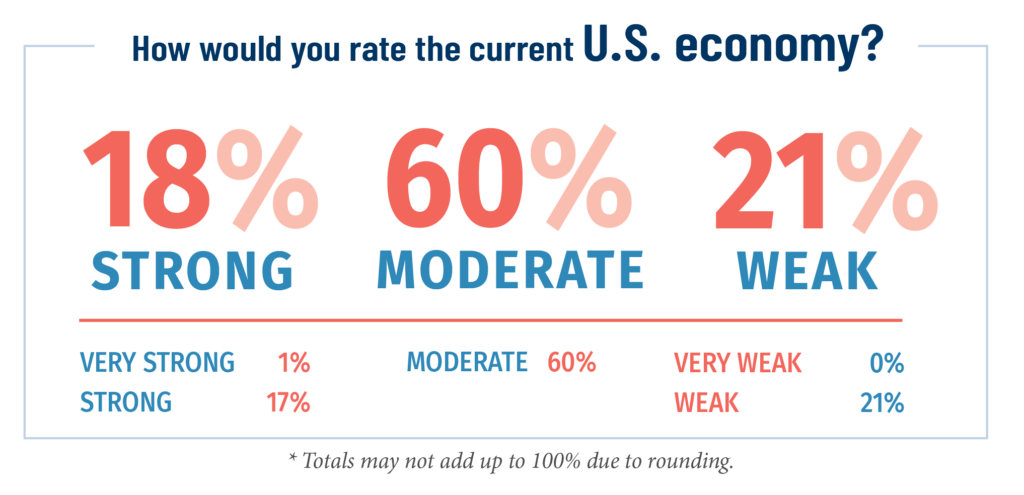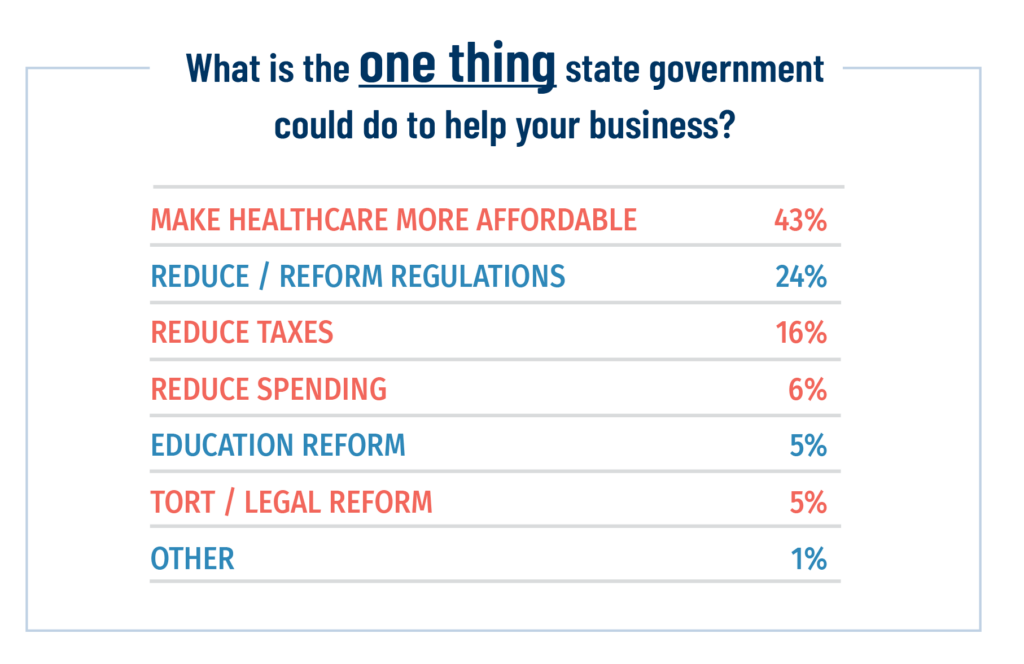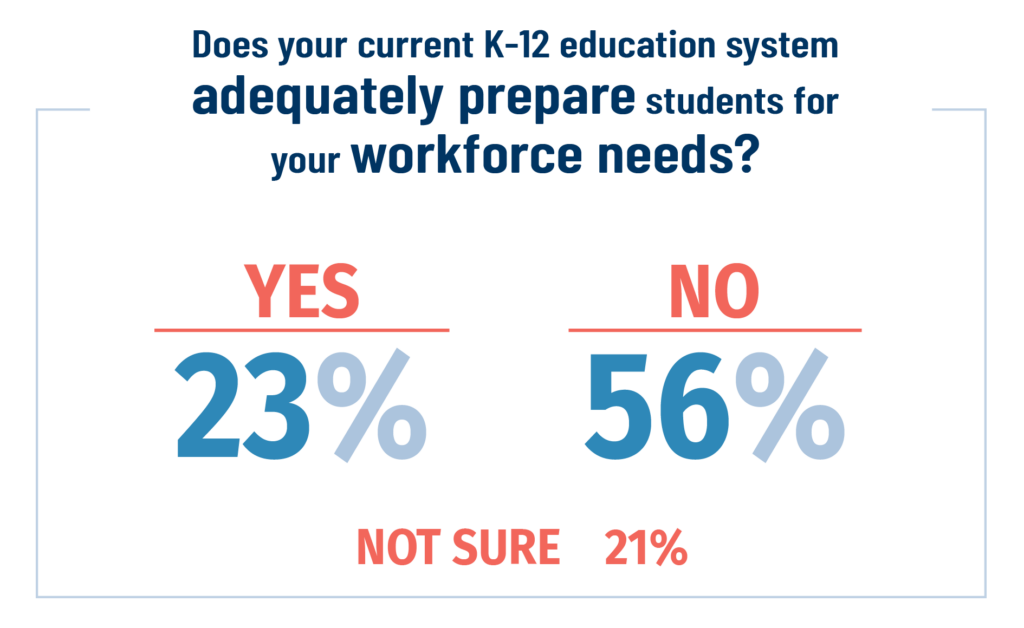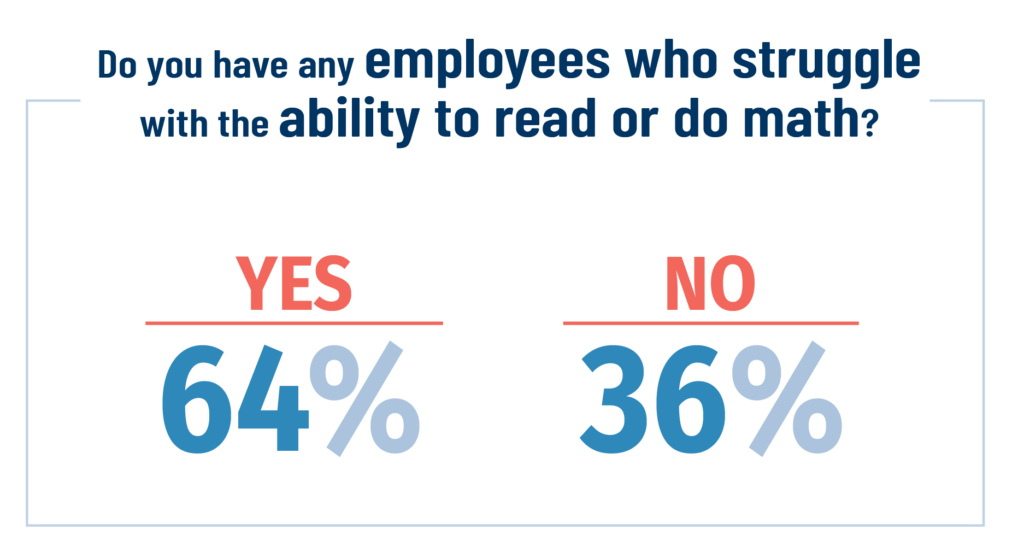Wisconsin Employer Survey
Wisconsin Manufacturers & Commerce represents businesses of all sizes and from every sector of the economy. The Wisconsin Employer Survey provides a snapshot of where Wisconsin’s employers stand on important issues and outlines their economic outlook for both Wisconsin and the United States. For the Winter 2026 edition, WMC surveyed 205 employers that make up a representative sample of its membership and the state’s business community as a whole.


Economy
When asked to rate the current state of the U.S. economy, 60 percent said it was “moderate,” while 18 percent said it was either “very strong” or “strong,” and 21 percent said it was “weak.” Wisconsin’s economy ranked a bit better with 73 percent saying it was “moderate,” versus 19 percent saying it was either “very strong” or “strong.” Just 8 percent rated the Wisconsin economy was “weak.” But more business leaders believe the U.S. is headed in the right direction (70 percent) than the state (46 percent).
Policy Priorities
According to the survey, the top three concerns facing Wisconsin businesses are the national economy, healthcare costs, and labor availability. When asked how state government could help businesses, a plurality of respondents (43 percent) answered “make healthcare more affordable.” Other top responses included reducing regulation and reducing taxes.


Education
Over half of Wisconsin employers say the state’s K-12 education system does not adequately prepare students for the workforce. This frustration, though not new, compounds other workforce issues in the state, including labor availability and demographic challenges.
As the economy seems to be strengthening, hiring is on the rise, but 60 percent of Wisconsin businesses say they are having trouble finding workers. The top obstacle, by far, is the lack of skilled applicants, as 59 percent of employers indicated, followed by a lack of job applicants (20 percent).
Workforce
“Employers are concerned that applicants do not even have basic skills to do the job at hand,” said WMC’s Ver Velde.
In fact, 64 percent of employers indicated their employees struggle with reading, math, or both – necessary skills in any position.
Many companies – 30 percent of respondents – have had to resort to providing remedial education or tutoring for employees because their K-12 education did not prepare them with adequate reading or math skills.
“As taxpayers, we’re investing more and more into public education,” continued Ver Velde. “But the return on investment just isn’t there. Our education system isn’t equipping Wisconsin students for Wisconsin jobs, and employers are understandably frustrated.”

